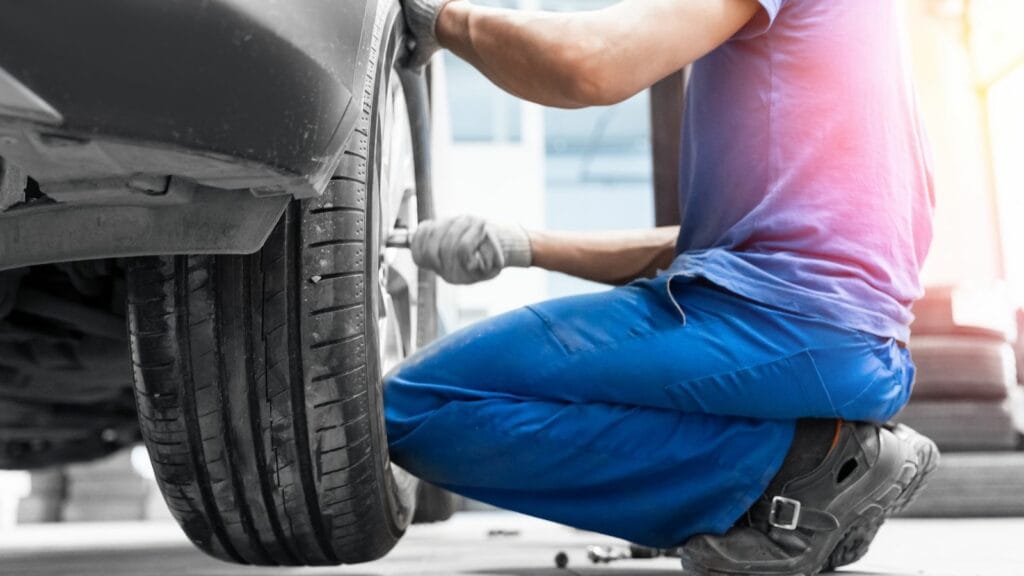Cars are surprisingly tough, but only if you treat them right. Many drivers pick up habits that slowly eat away at their car’s health without even realizing it. Mechanics see the aftermath every day burned out engines, destroyed brakes, and transmissions that gave up long before their time. The difference is that mechanics know how to avoid these mistakes. Here are 15 things you might be doing to your car that a mechanic would never risk, along with the real world consequences they’ve witnessed.
Ignoring Oil Changes
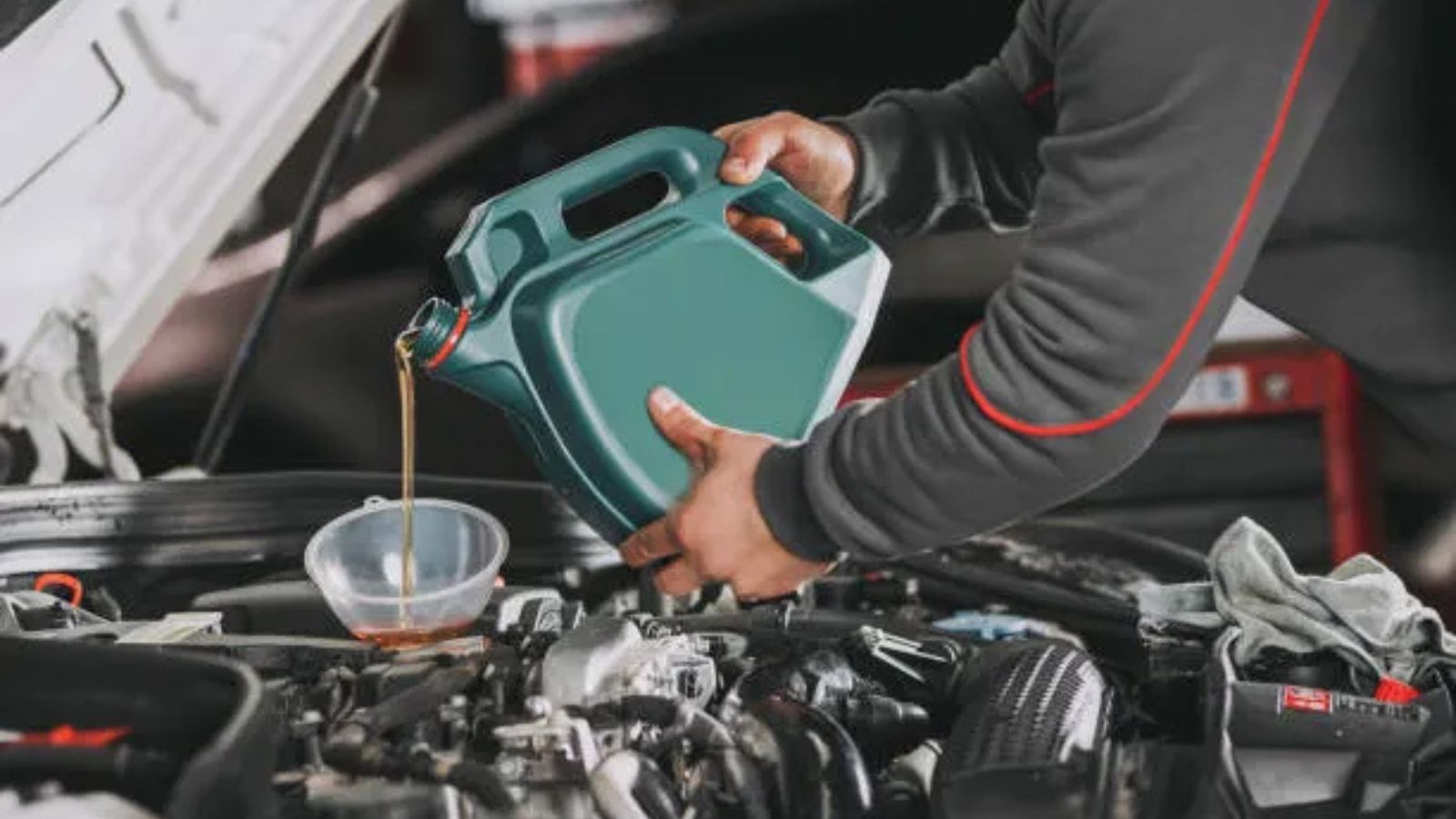
Oil is the lifeblood of your engine. Leave it unchanged long enough and it turns into sludge, starving moving parts of lubrication. Mechanics regularly see engines ruined by oil starvation burned pistons, seized crankshafts, even full engine replacements that cost thousands. They change their own oil on schedule, because they know a 50 dollar service is far cheaper than a 5,000 dollar repair.
Riding the Brakes

Keeping your foot lightly on the brake pedal may feel safe, especially downhill, but it cooks the brake pads and rotors. Mechanics see warped rotors daily from overheated brakes, leaving customers with shaky steering and expensive repairs. Instead, they downshift when descending hills and brake firmly but briefly, letting the brakes cool in between.
Driving With Low Tire Pressure
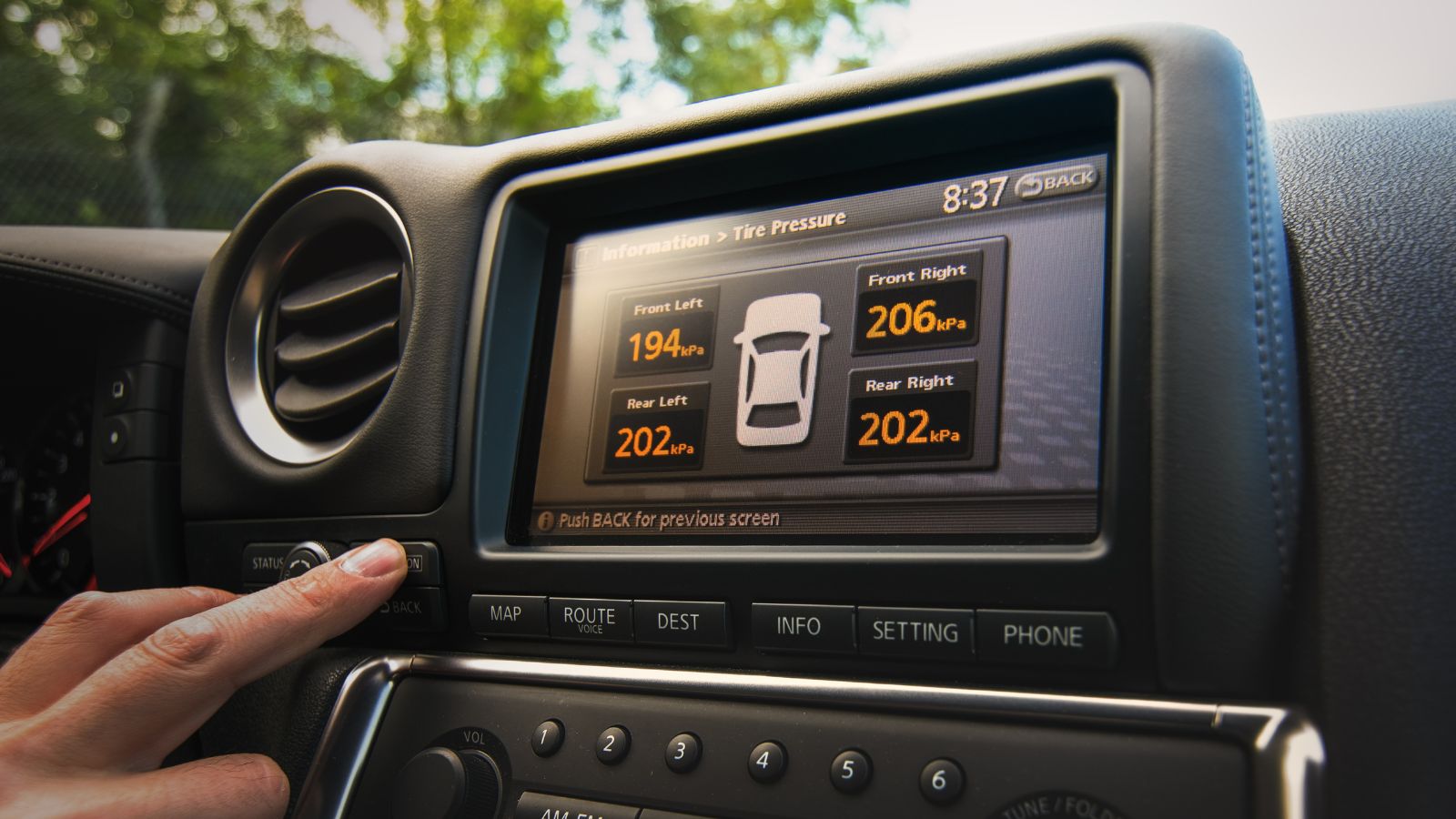
Tires running 5 to 10 PSI below recommended pressure wear unevenly, reduce fuel efficiency, and increase the risk of blowouts. Mechanics replace countless shredded tires caused by nothing more than neglecting a simple pressure check. They check theirs weekly, because they know proper inflation extends tire life by thousands of miles and saves fuel.
Ignoring Strange Noises

That grinding or clunking sound is often the first sign of a failing bearing, brake pad, or suspension component. Drivers often wait until the car feels unsafe, but by then the damage is severe. Mechanics know early diagnosis saves big money. A simple brake pad replacement can turn into a new rotor, caliper, and wheel bearing if ignored too long.
Skipping the Parking Brake
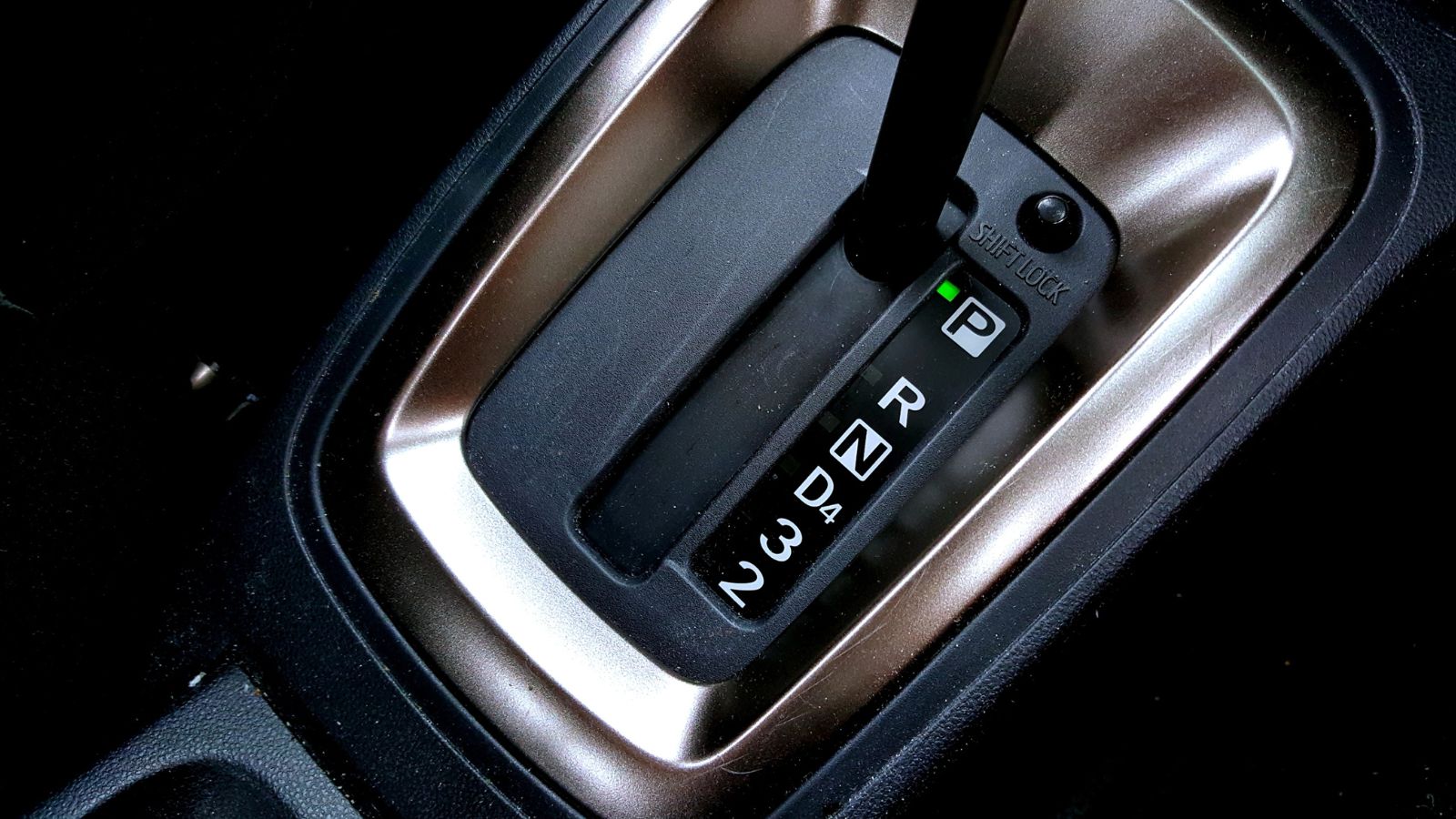
Many automatic drivers never use the parking brake, relying only on the transmission’s parking pawl. Mechanics know better. They’ve repaired transmissions damaged by the stress of holding a two ton car on one tiny metal piece. They always use the parking brake, even on flat ground, to take the load off the gearbox.
Resting Your Hand on the Gear Shifter
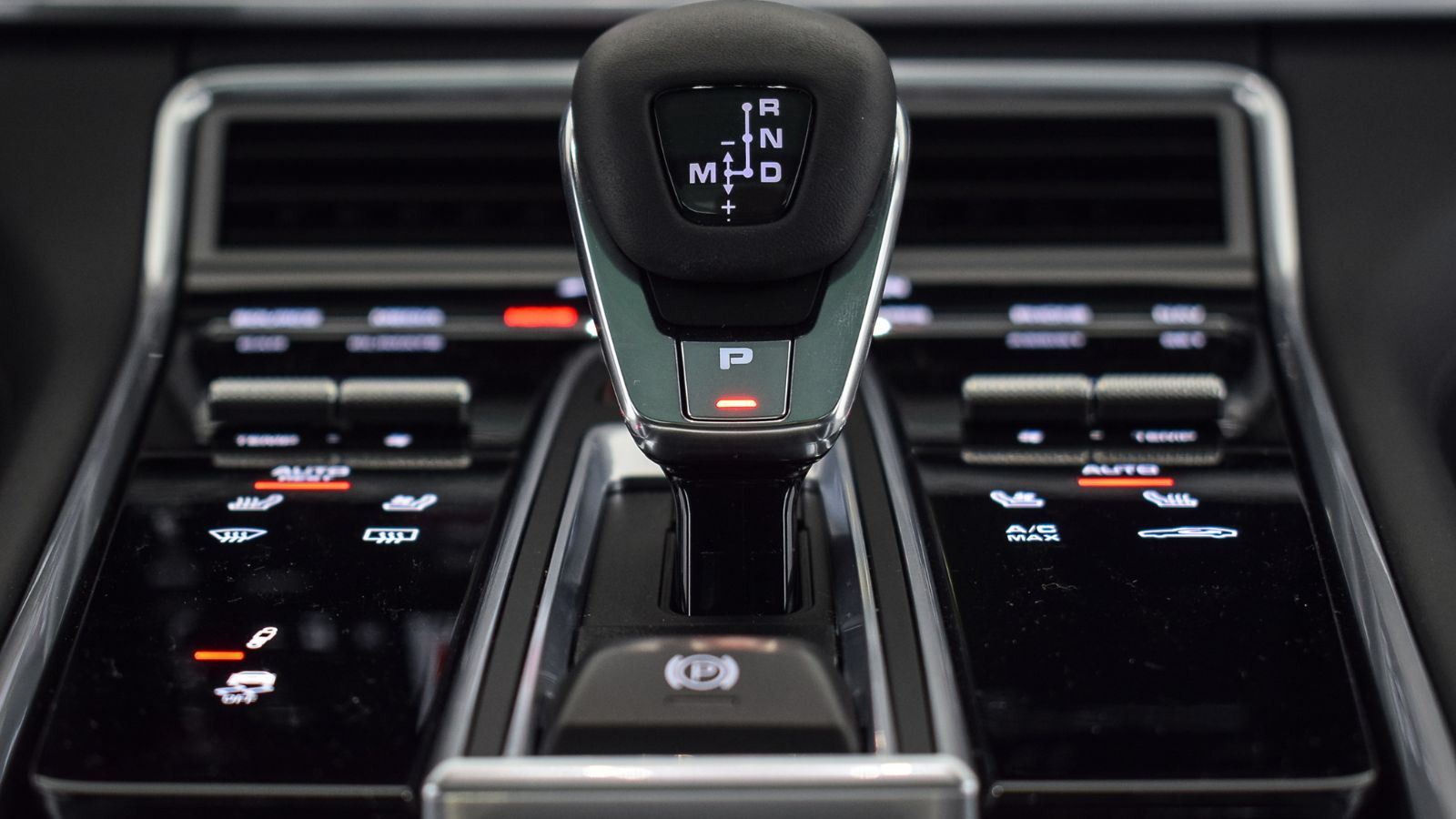
It looks casual, but resting your hand on the shifter places constant pressure on the shift forks and synchronizers inside the transmission. Mechanics have seen gearboxes worn out long before their time simply from this habit. They only touch the shifter when changing gears, keeping both hands on the wheel the rest of the time.
Overloading the Car
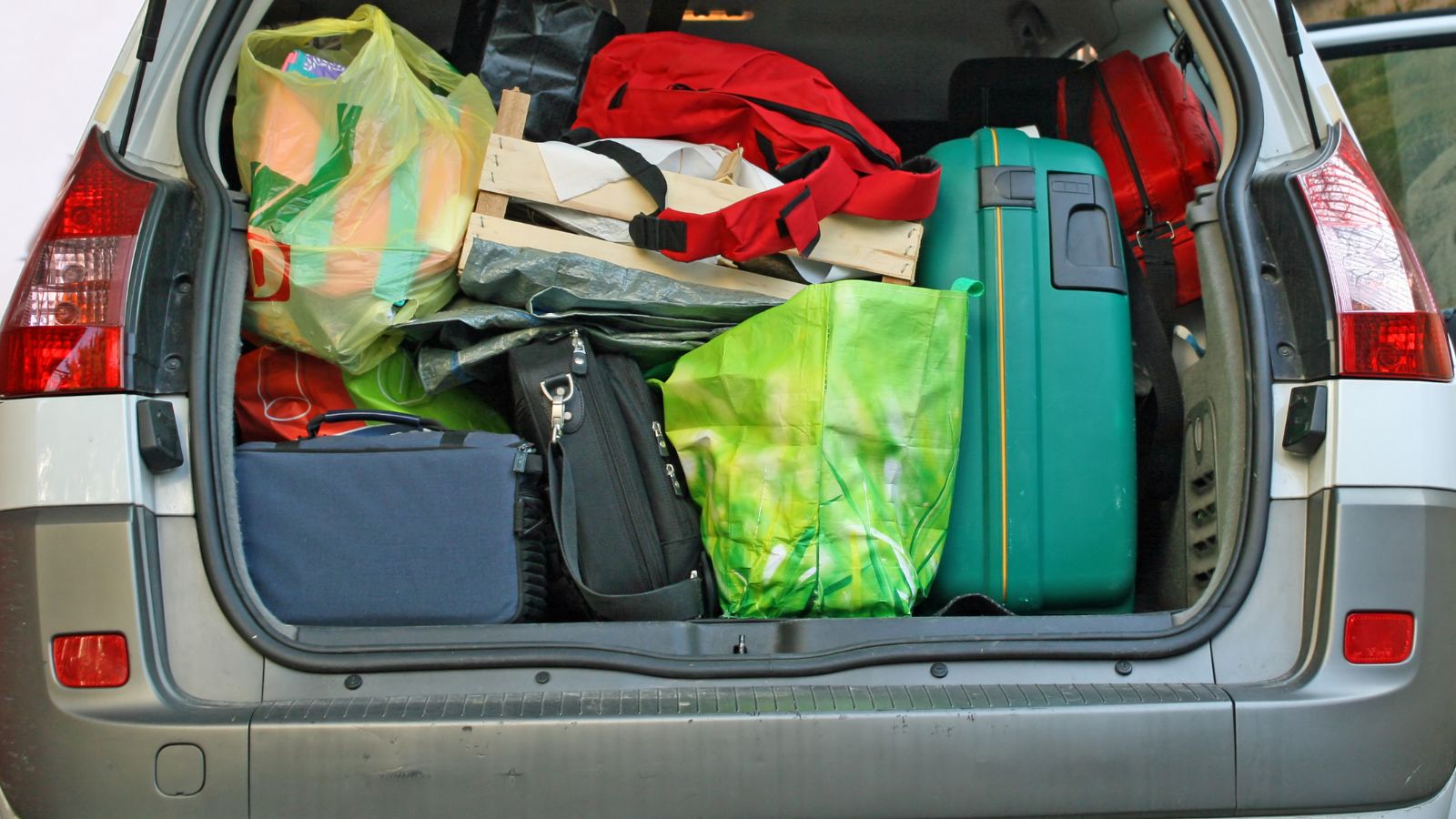
Stuffing the trunk to the roof or towing more than your vehicle is rated for kills suspension, brakes, and transmissions. Mechanics replace countless burned out transmissions in SUVs that spent their lives towing boats far heavier than the owners admitted. They always respect weight ratings, because they’ve seen firsthand how overloading shortens a car’s life dramatically.
Ignoring the Check Engine Light
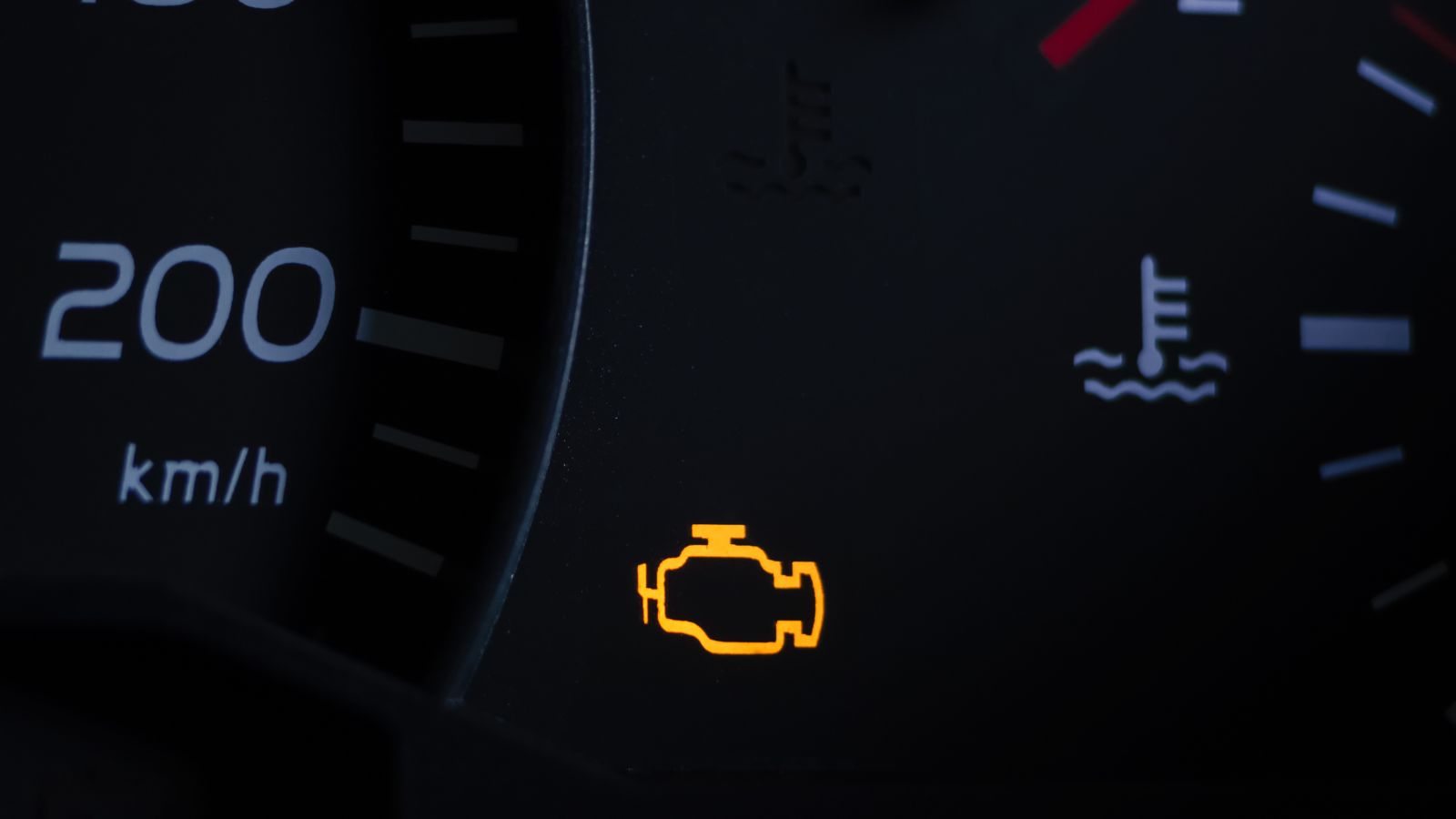
Many drivers ignore the light for weeks, hoping it will go away. Mechanics know it never does. What starts as a minor oxygen sensor fault can quickly turn into a destroyed catalytic converter if left unchecked, multiplying the repair bill. Mechanics keep a scanner handy and deal with the issue immediately.
Flooring It When Cold
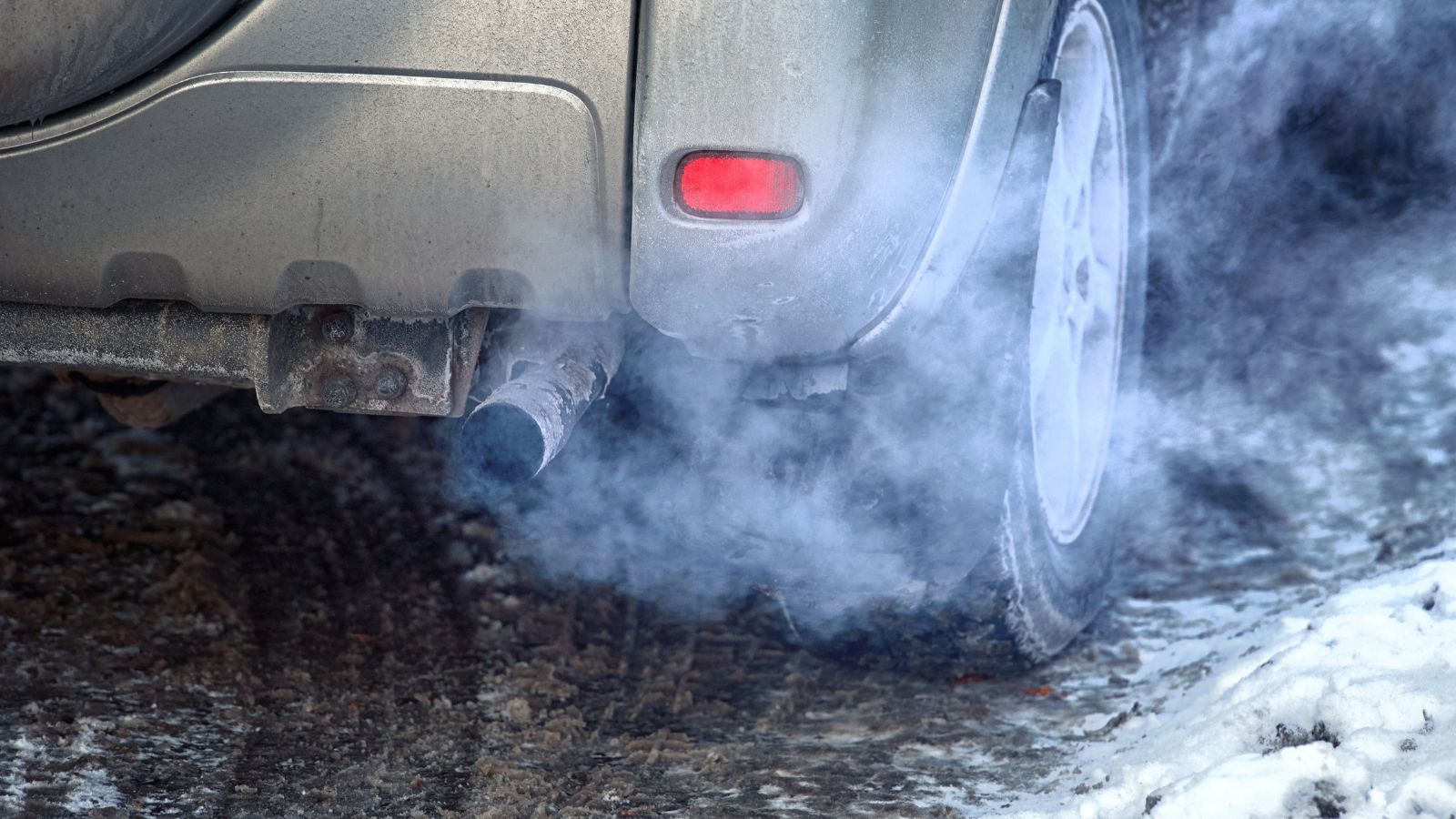
Engines need oil circulation before being pushed hard. Flooring the gas on a cold morning means metal parts scrape against each other with minimal lubrication. Mechanics have rebuilt engines with scuffed pistons simply because the owner could not wait to mash the throttle. They let the engine warm gently, driving easy until the temperature gauge stabilizes.
Using the Wrong Fuel

Filling a premium only engine with regular gas saves a few dollars today but can destroy it tomorrow. Mechanics have replaced engines destroyed by detonation when owners ignored the premium fuel requirement. They never gamble with octane ratings, because a tank of premium is far cheaper than rebuilding a high compression V6 or turbocharged four.
Letting Fluids Run Low
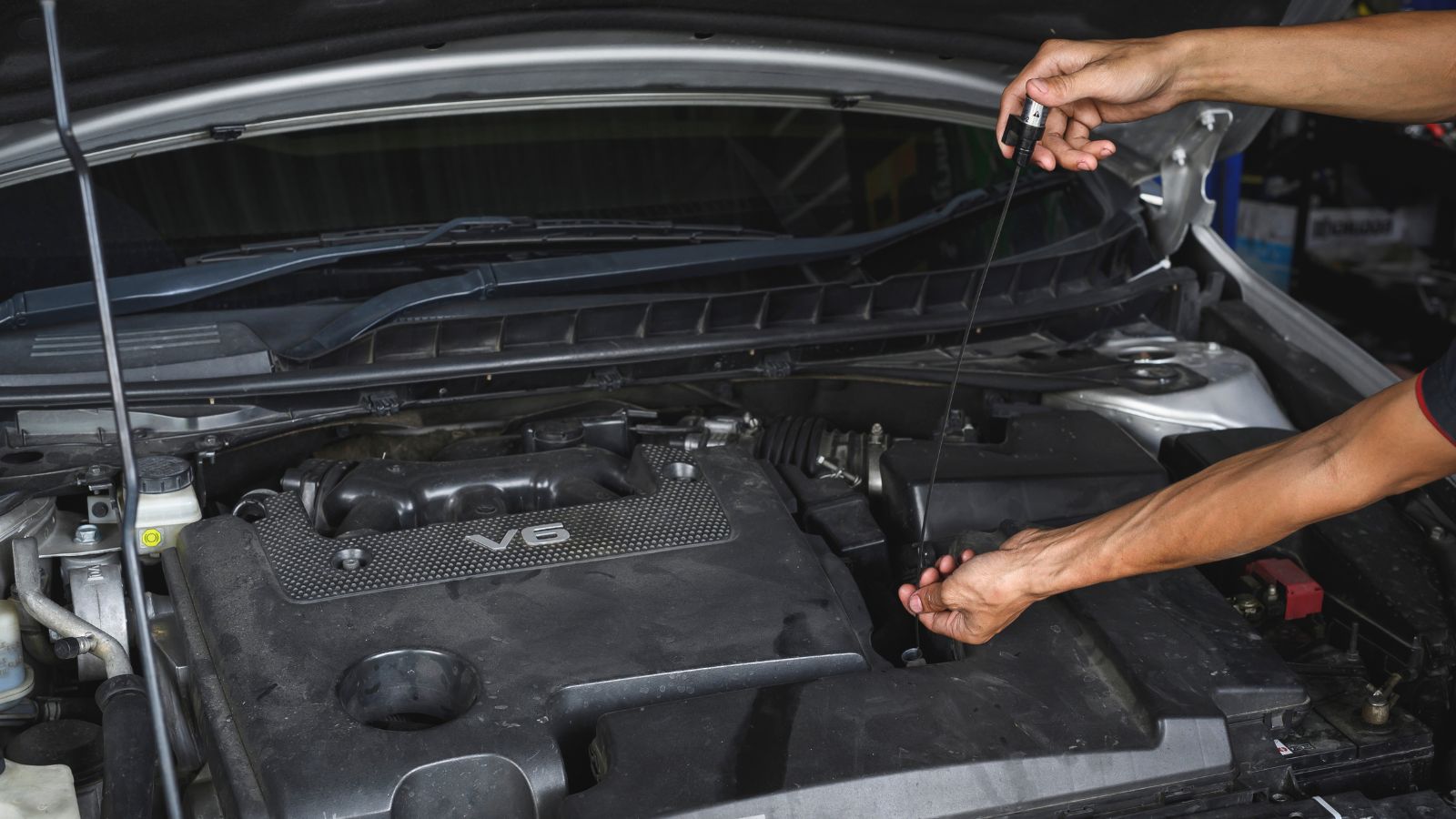
Coolant, brake fluid, power steering fluid, and transmission fluid are just as vital as oil. Mechanics constantly replace overheated engines that ran dry on coolant or transmissions that failed because the fluid ran low. They check levels routinely, topping off before small issues turn into major breakdowns.
Riding the Clutch

Manual drivers who keep a foot lightly on the clutch pedal wear out clutch discs, pressure plates, and release bearings. Mechanics regularly replace clutches that died 50,000 miles too early thanks to bad driving habits. They keep their foot off the pedal unless they are fully pressing it to shift.
Ignoring Wheel Alignment
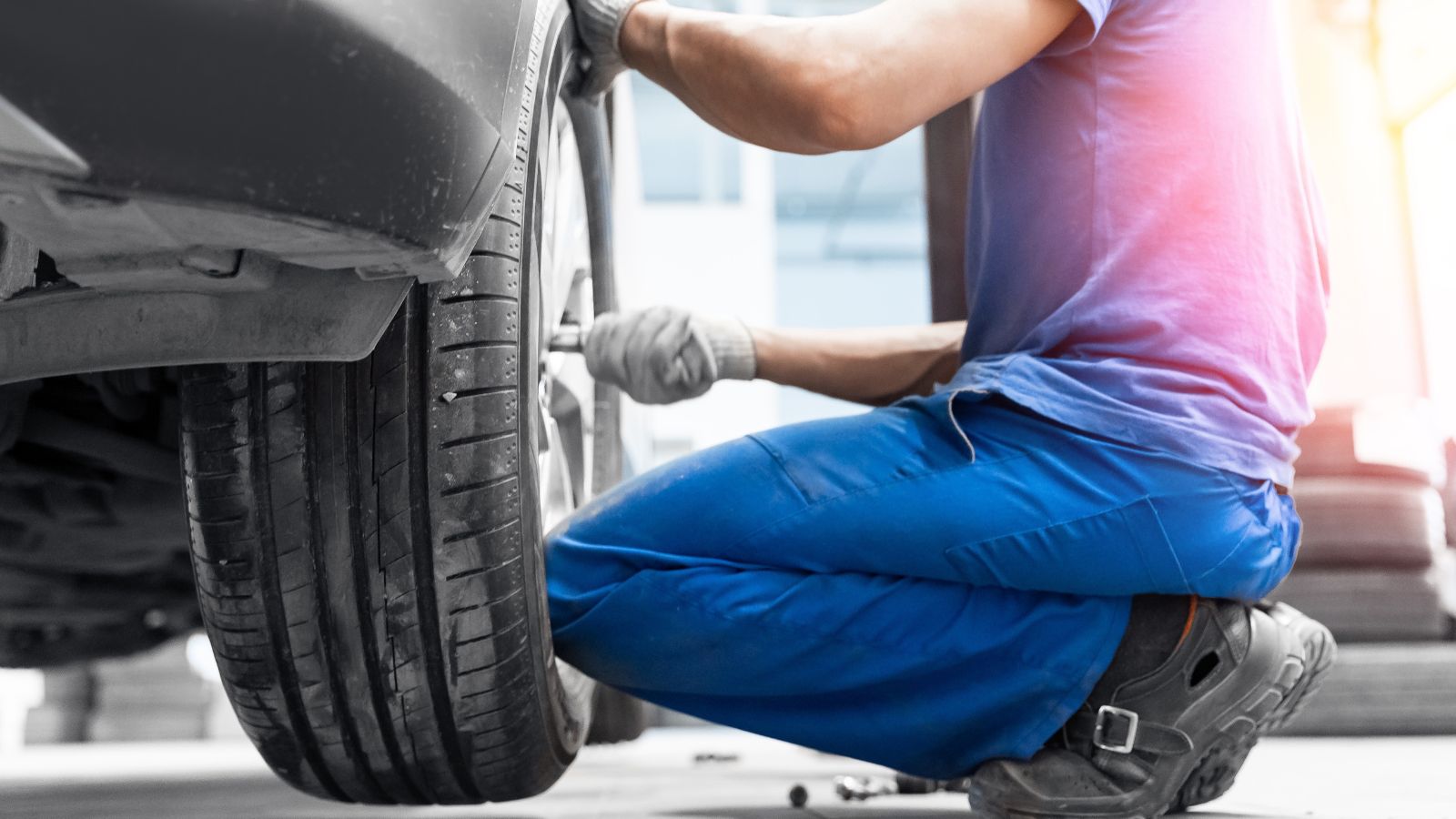
That slight pull in the steering wheel or uneven tire wear is not harmless. Mechanics know bad alignment kills tires quickly and ruins suspension components. They see customers with bald inside tire edges, shocked at needing new tires after only 15,000 miles. They correct alignment as soon as they feel anything off, saving money in the long run.
Cheap or Wrong Parts
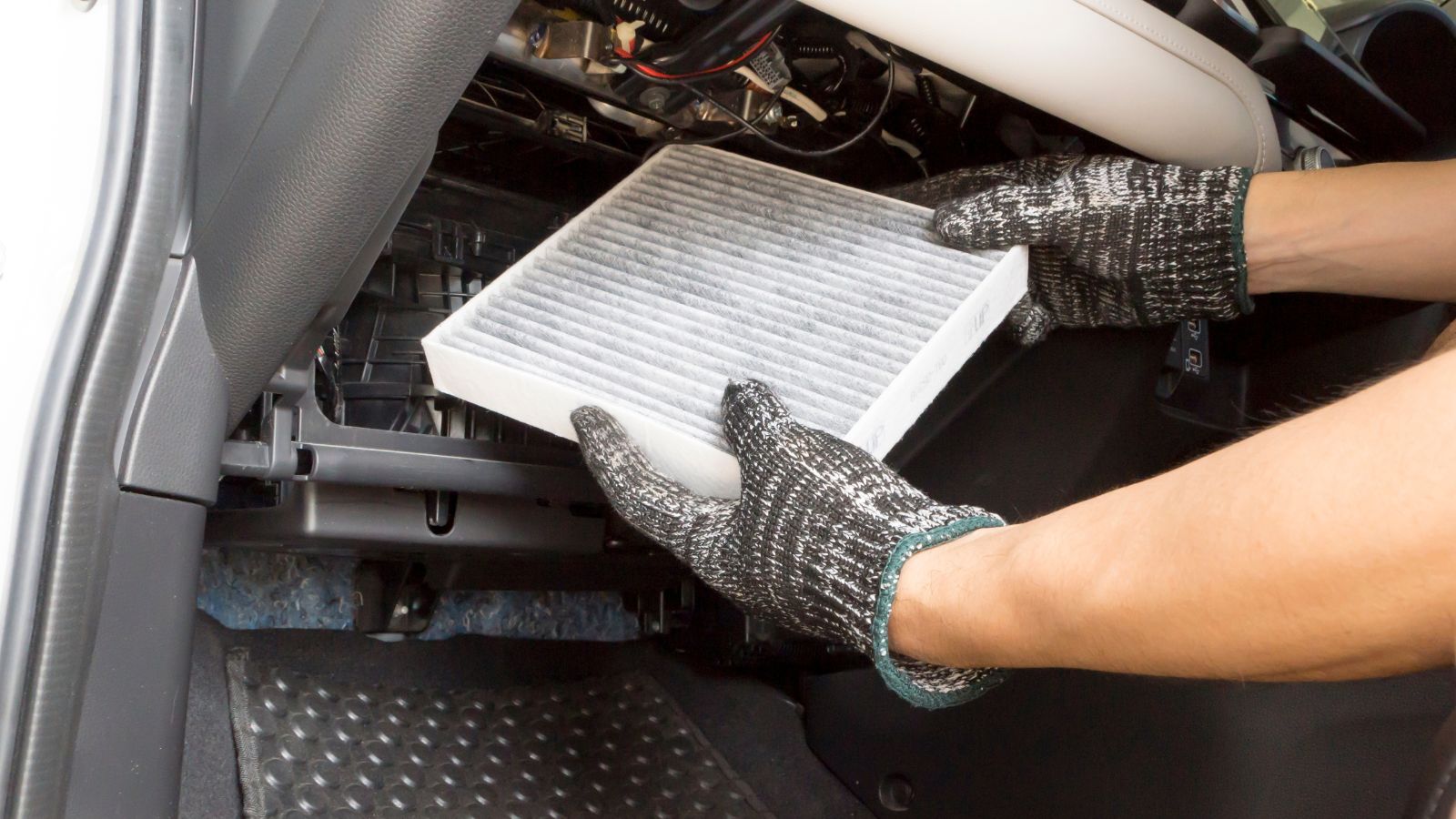
Bargain bin brake pads, filters, or sensors often fail within months. Mechanics refuse to install parts they know will not last, because a comeback repair costs more in time and reputation. They use OEM or proven aftermarket parts, ensuring the fix stays fixed.
Procrastinating on Timing Belt or Chain Service
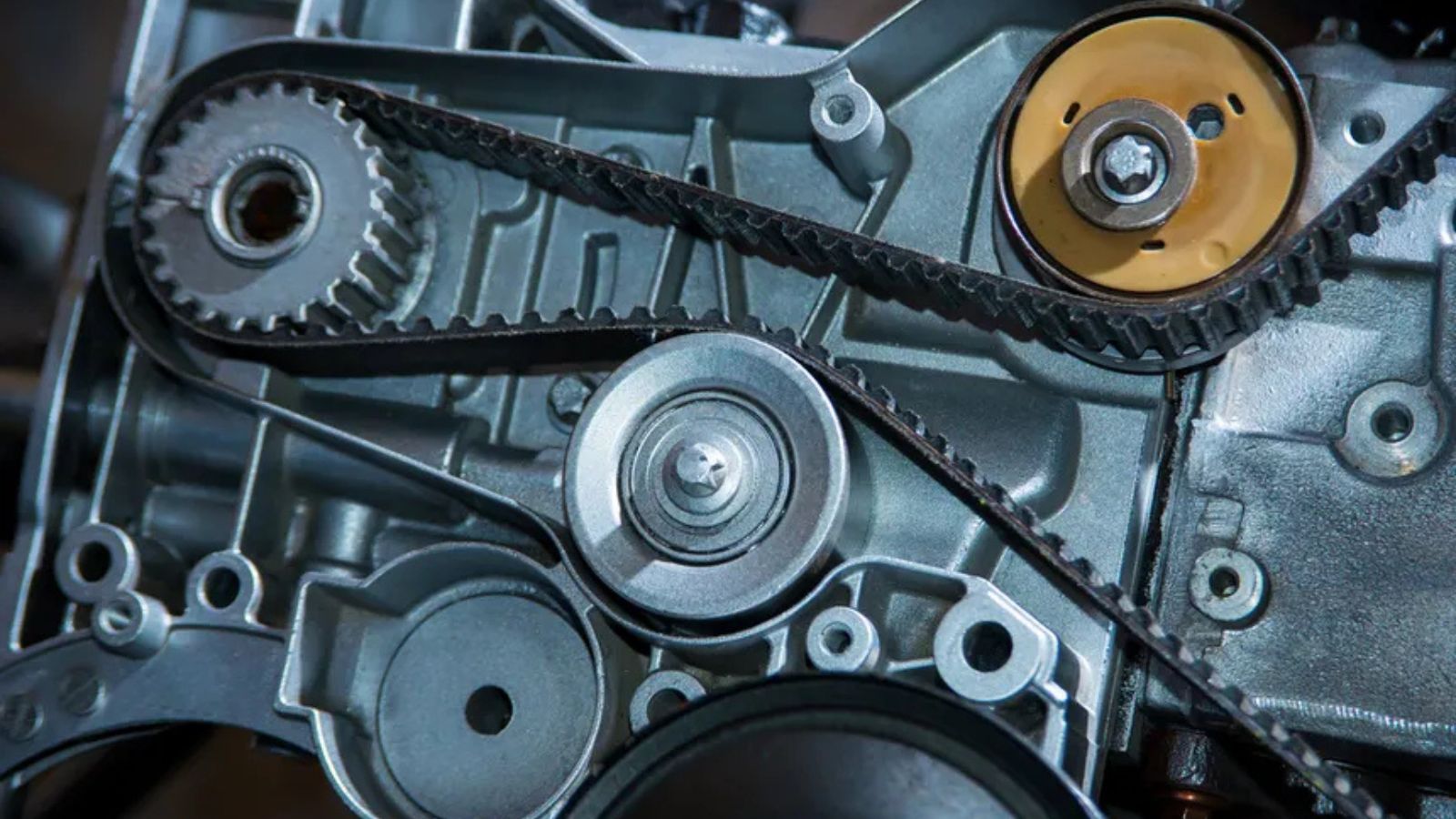
Timing belts are expensive to replace, but catastrophic when they break. Mechanics see engines destroyed when valves smash into pistons after a snapped belt. One ignored service interval can cost thousands in repairs. Mechanics replace them on schedule, often years before they would ever risk gambling with their own engines.
25 Facts About Car Loans That Most Drivers Don’t Realize

Car loans are one of the most common ways people fund car purchases. Like any other kind of loan, car loans can have certain features that can be regarded as an advantage or a disadvantage to the borrower. Understanding all essential facts about car loans and how they work to ensure that you get the best deal for your financial situation is essential. Here are 25 shocking facts about car loans that most drivers don’t realize:
25 Facts About Car Loans That Most Drivers Don’t Realize
